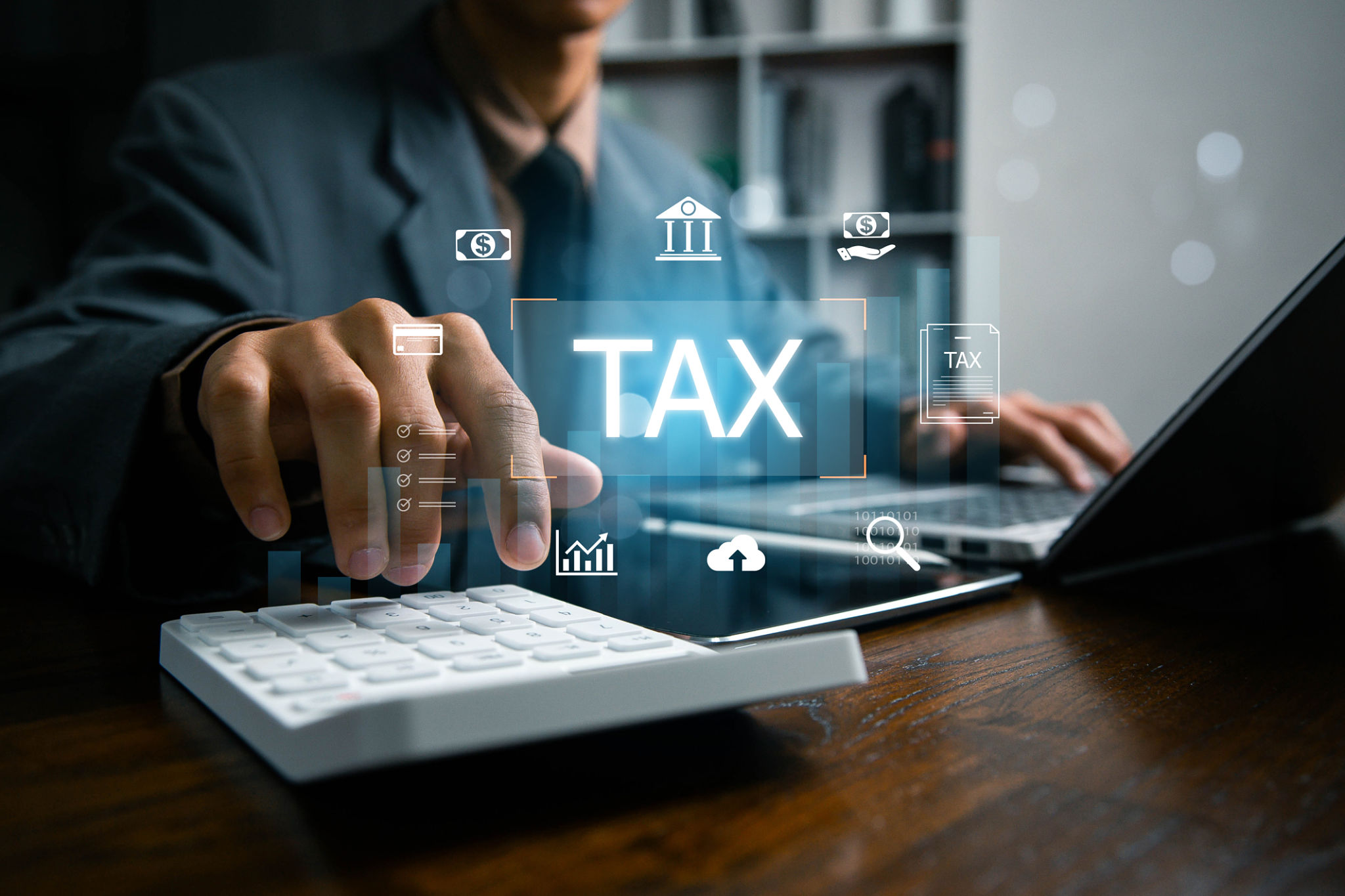Understanding Self Assessment Tax: A Comprehensive Guide for UK Residents
What is Self Assessment Tax?
In the UK, Self Assessment Tax is a system used by HM Revenue and Customs (HMRC) to collect income tax from individuals who are required to report their income independently. This system is crucial for those who do not have their taxes deducted automatically from their wages or pensions through the Pay As You Earn (PAYE) system.
Individuals who receive income from self-employment, rental properties, savings, investments, or overseas must complete a Self Assessment Tax Return each year. Understanding the process and requirements is essential to ensure compliance and avoid penalties.

Who Needs to File a Self Assessment Tax Return?
Not everyone in the UK needs to file a Self Assessment Tax Return. Typically, it is required for:
- Self-employed individuals or business partners
- Company directors
- Individuals with an annual income over £100,000
- Those receiving income from rental properties
- People with significant savings or investment income
If you are unsure whether you need to file a return, it's advisable to check with HMRC or consult a tax professional.
How to Register for Self Assessment
To start the process, you must first register for Self Assessment. This can be done online through the HMRC website. Registration is crucial to obtain your Unique Taxpayer Reference (UTR), which is needed to file your return. It’s important to register promptly, especially if you are self-employed and need to meet the tax deadlines.
The registration process involves providing personal details and information about your income. Once registered, HMRC will send you a UTR number, which you should keep safe as it is required for all future correspondence with HMRC.

Filing Your Self Assessment Tax Return
Filing your tax return can seem daunting, but breaking it down into manageable steps makes it more straightforward. Here’s a brief overview of the process:
- Gather Your Financial Information: Collect details of all your income and expenses for the tax year.
- Complete Your Tax Return: Use the online portal or paper form to enter your financial information.
- Submit Your Return: Ensure that you file your return by the deadline to avoid penalties.
HMRC offers online guidance and support for those who need assistance with completing their return.
Important Deadlines
Meeting deadlines is crucial in the Self Assessment process. Missing them can result in penalties. Here are key dates to remember:
- 5th October: Deadline to register for Self Assessment for new self-employed individuals.
- 31st January: Deadline for online tax returns and any tax owed for the previous tax year.
- 31st July: Deadline for the second payment on account.

Penalties for Late Filing
If you fail to submit your tax return on time, HMRC may impose penalties. These penalties can escalate if the delay continues. The initial penalty is £100 if your return is up to three months late. Beyond this period, additional daily penalties may apply. To avoid such fines, ensure that you comply with all deadlines.
If you have a reasonable excuse for late filing, you can appeal against the penalty. Valid reasons might include serious illness or bereavement.
How to Pay Your Self Assessment Tax Bill
Once your tax return is submitted, HMRC will calculate the amount you owe. Payments can be made in several ways:
- Direct Debit: Set up through your bank account.
- Bank Transfer: Using your UTR as a reference.
- Debit or Credit Card: Payments can be made online.
It’s important to pay any outstanding taxes by the deadline to avoid interest and further penalties.

Conclusion
Navigating the Self Assessment Tax system can seem complex, but understanding its requirements and processes will help ensure compliance and reduce stress. By staying informed and organized, UK residents can manage their tax obligations efficiently, helping them avoid unnecessary penalties and focus on their financial goals.
If in doubt, seeking advice from a tax professional can provide clarity and peace of mind as you navigate your tax responsibilities.
